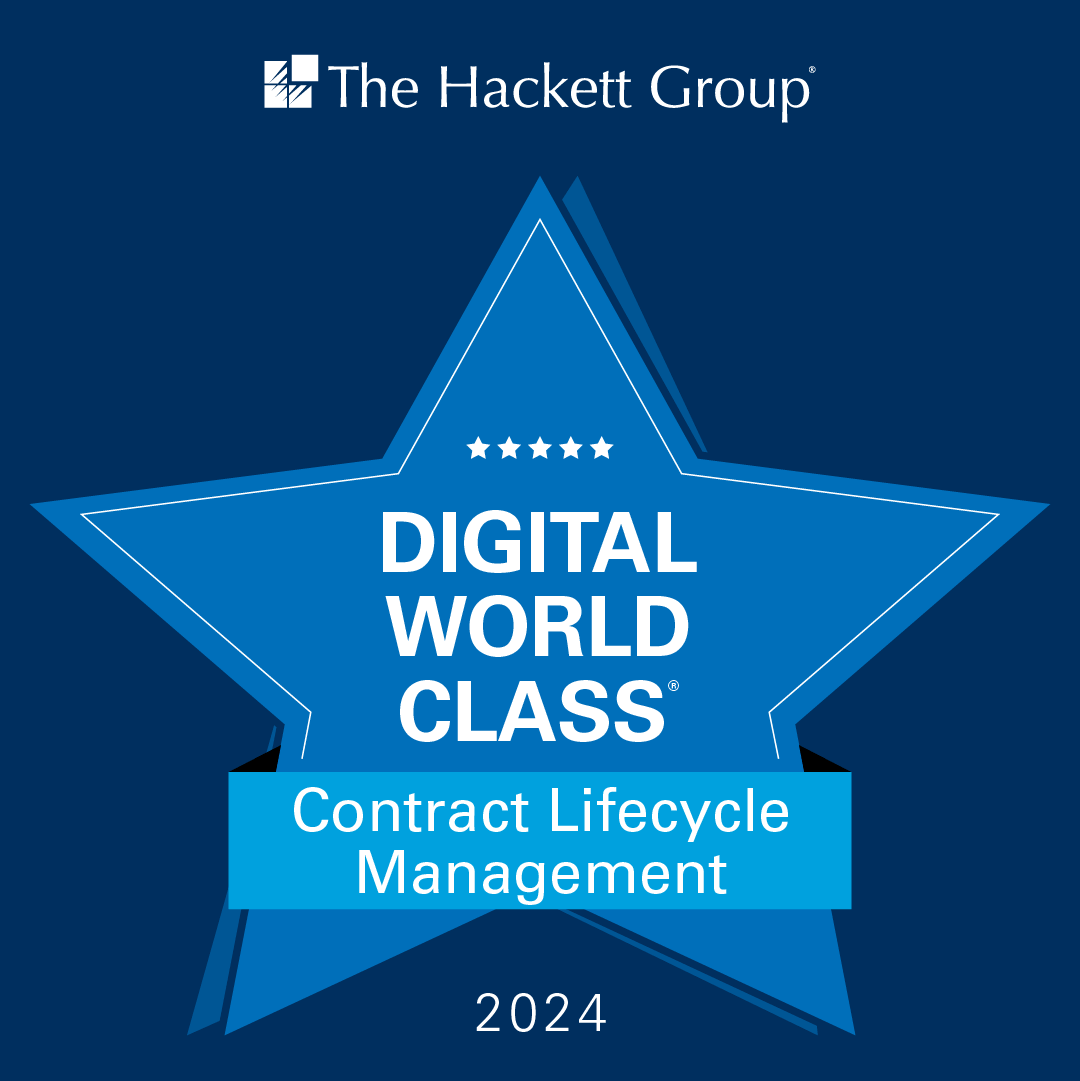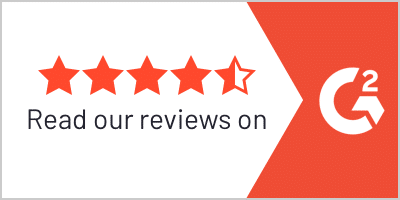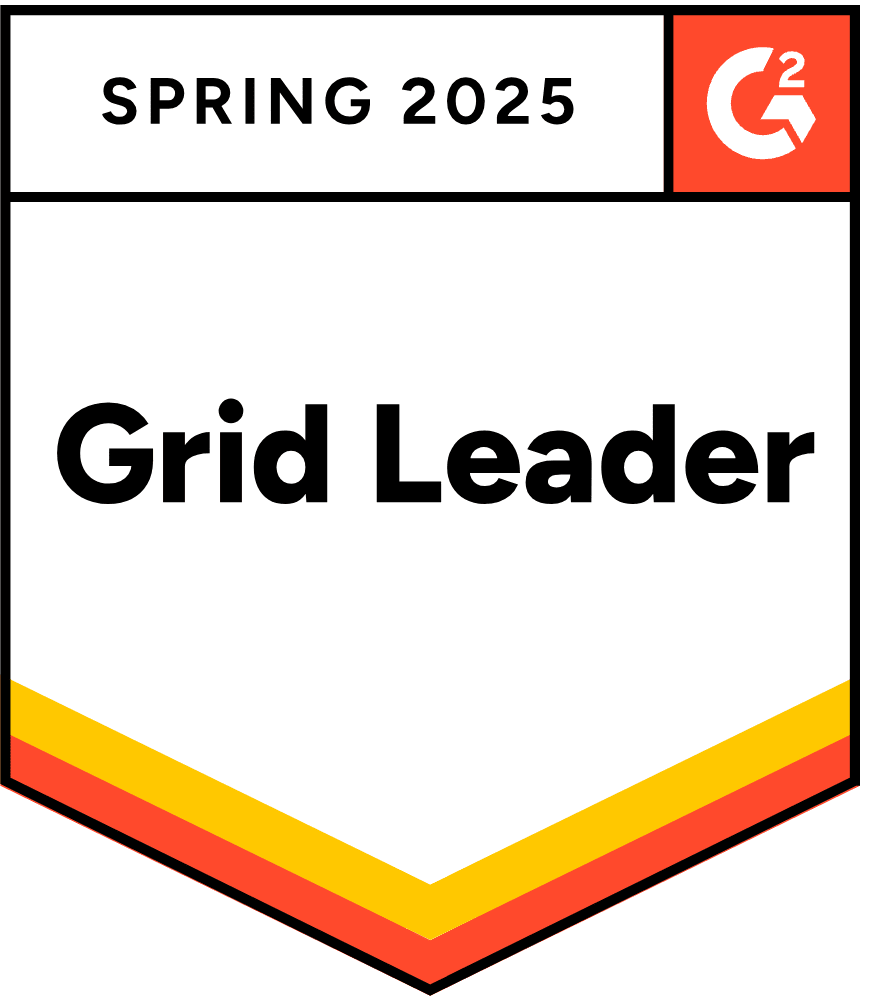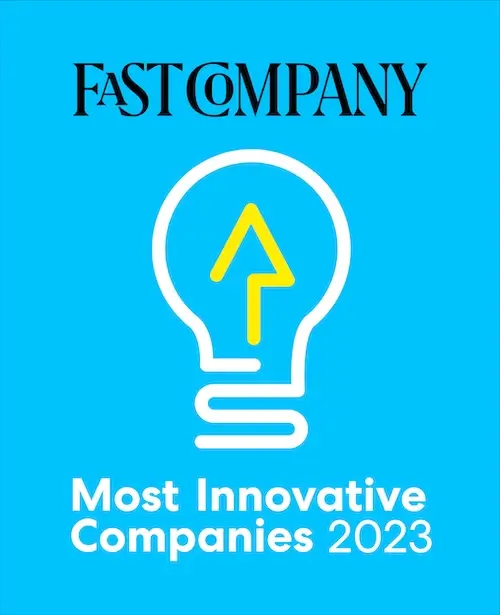What if contract parties started off from a legal document template — co-created by legal professionals across the globe, drafted in easy-to-understand legal language, and peer-reviewed by the wider legal community?
Think about it: World Commerce & Contracting estimates that 90 percent of the clauses in the contracts exchanged during a transaction are boilerplate. Some may come from practice guidance sites; some may be massaged and edited over the years, and some simply may have “appeared” in your contract. What’s more, contracts should be practical, functional, and easily understandable documents. They should set the rules for contract parties to work together and help build lasting business relationships. What they should not do is make legal professionals and business teams groan, grind their teeth, and jettison their monitors out the window (if their windows open, of course).
Within ContractPodAi, alone, we have seen a large uptick in the adoption of contracting standards — those shaped by legal design thinking and modern technology. Thanks to the standardization and organizational projects happening globally, legal and compliance teams are saved from having to cross-reference documents, review agreements that more or less say the same thing, and go over tedious clause numbers. They can instead focus on value-adding activities, like successful dealmaking and digital innovation, and be viewed as experts in matters of law and business.
Naturally, any legal document that is executed regularly can be considered a “form” document and, therefore, standardized and automated. But it is best to start with frequently used legal documents like data processing agreements (DPAs). After non-disclosure agreements (NDAs), DPAs are the most requested document in the legal community and, therefore, ripe for standardization.
Understanding the History of oneDPA
DPAs affect just about every company that shares data across borders, and they are increasingly widespread and complex. Today, the law requires a DPA to be in place whenever personal data is shared between two parties. What should be top of mind for everyone are the upcoming changes to the law following Brexit, Schrems II, and the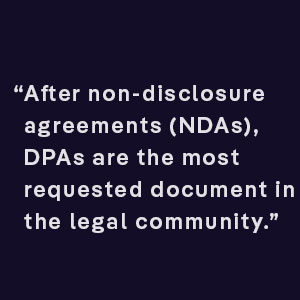
The solution, of course? A single, crowd-sourced, and peer-reviewed agreement.
oneDPA is a widely agreed upon, easy-to-understand document template sponsored by ContractPodAi and PWC and hosted on Claustack, a legal community standardization platform created by TLB. The natural progression of TLB’s oneNDA initiative, the standardization of DPAs is the direct result of legal professionals collaborating on Claustack — in an agile and transparent process.
Realizing the Benefits of oneDPA
The benefits of oneDPA are rather clear: if lawyers and other legal professionals agree on a single DPA template, they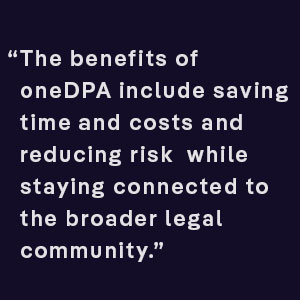
Time and cost savings — Because the average in-house legal team receives an estimated five DPAs every week, it spends enormous amounts of time and resources reviewing and negotiating them. oneDPA not only frees legal professionals up to pursue higher-value, strategic work and removes expensive external counsel from the DPA review process altogether.
Risk reduction — oneDPA significantly reduces compliance burden and regulatory risk for the legal team and the rest of the enterprise
Access to a community of peers — For those legal professionals interested in managing their own standardization projects, Claustack allows access to a community of peers, digital tools, and a proven standardization methodology.
Using ContractPodAi for oneDPA — and All Your Contracting
Generally speaking, legal technology solutions facilitate contracting by providing a foundation for standardization, automation, and advanced analysis. By using such software, you can digitize templates like oneDPA, while maintaining contract data integrity and security. You can access your new and legacy legal documents in a smart, centralized repository — and apply deep, AI-based analytics to all of your agreements.
As the leader in end-to-end contract lifecycle management (CLM) solutions, ContractPodAi offers One Legal Platform that supports contract standardization and other corporate legal needs. With ContractPodAi Cloud, you can author and manage your oneDPA with ease. You can also streamline contract collaboration, approvals, tracking, and reporting to deliver the best possible outcomes. Or you can streamline another important legal process — like compliance, RFP review, and IP portfolio management — to bring results in terms that matter to the business.
Find out more about the oneDPA initiative — and how you can create your own customized oneDPA.
Author:

Jerry Levine
Connect with us on Linkedin




